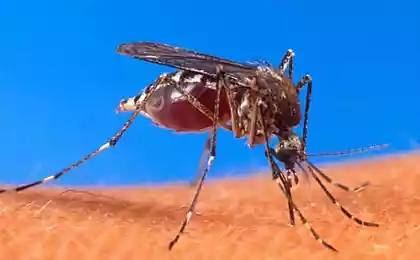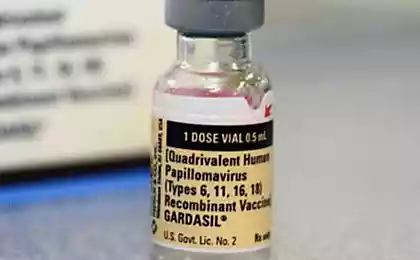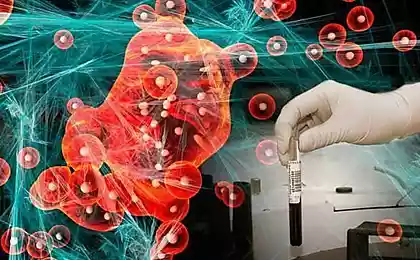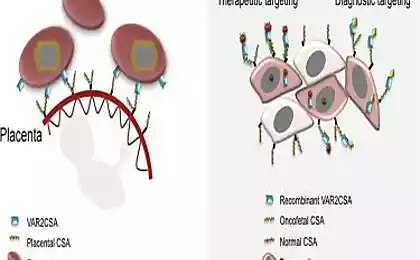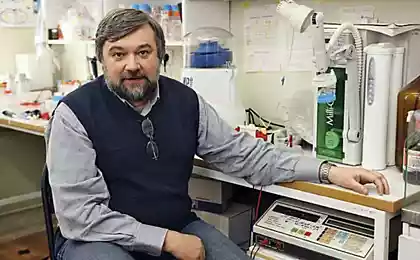153
Irish scientists develop improved malaria vaccine

Scientists at the Irish National University in Cork have successfully completed preclinical trials of an experimental malaria vaccine. The new method is an improved use of the vaccine. The method has previously been investigated for other infections, including Ebola and HIV.
To get vaccinated, the team used a live adenovirus, similar to a virus that causes the common cold. The virus produces the same protein as the parasites that cause malaria. Adenovirus is one of the most powerful vaccine platforms scientists have ever tested. The virus they used produced a strong immune response to the malaria antigen.
To deliver the vaccine into the body, the researchers used a skin patch that is equipped with a huge number of tiny silicon microneedles that painlessly create temporary pores.
The pores provide an entry point for the vaccine until the patch dissolves and releases the drug. If the human body is later exposed to the virus, the vaccine will have the ability to release a related protein to block the infection.
The study showed that administering the vaccine with microneedles patch solves the problem associated with the immunity of the vaccine to the virus itself. In addition, the new method is much simpler and cheaper, as it does not require accelerators from different strains. Another positive quality of the new method is that the new introduction of the vaccine is completely painless and will attract more people requiring the vaccine.
Lead researcher Dr. Anne Moore is in talks with Silicon Valley investors and technology companies to commercialize the vaccine.
Details of the study were published in the journal Nature.
Source: www.scitech-news.ru/



